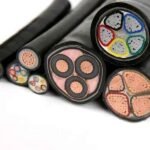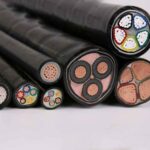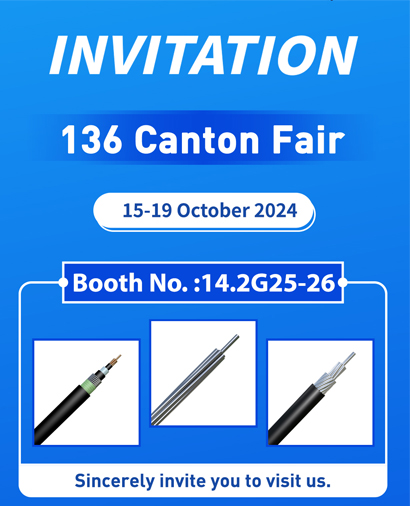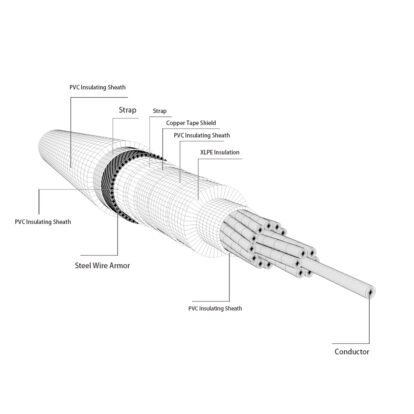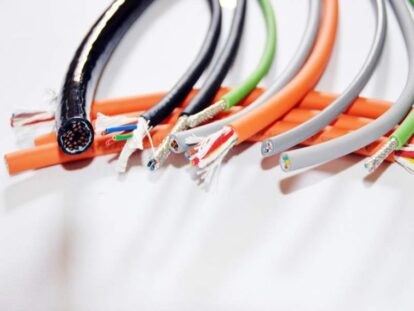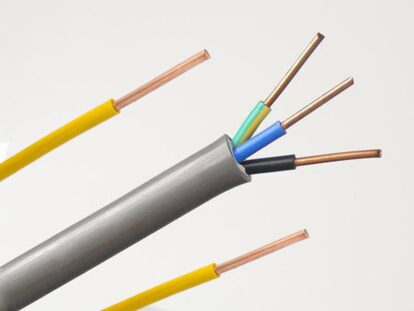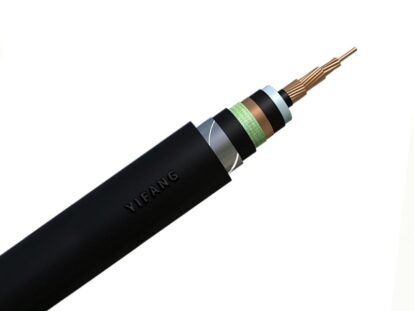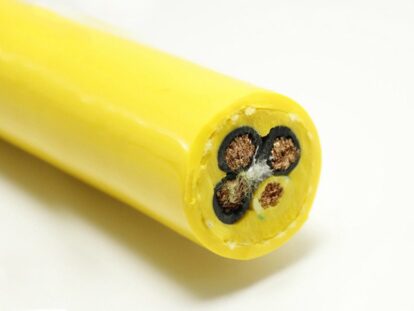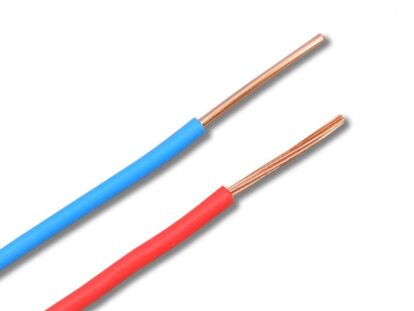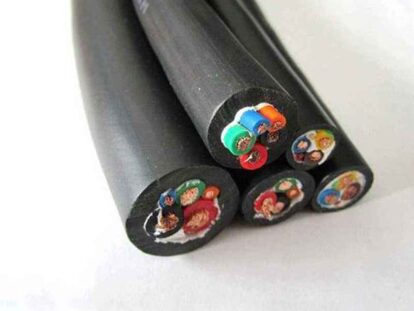When it comes to electrical wiring, there are a variety of materials that can be used. Each has its own advantages and disadvantages. One of the most common types of wiring is aluminum conductor wire. Let's take a closer look at some of the pros and cons of using this type of wiring.

Advantages of aluminum conductors
Aluminum is a lightweight conductor that is easy to install.
Aluminum is an excellent choice for electrical applications because it is lightweight and easy to install. It is also an excellent conductor of electricity, making it ideal for use in wiring and other electrical applications. In addition, aluminum is very resistant to corrosion, meaning that it will last many years with little maintenance.
When selecting aluminum for an electrical application, it is essential to choose a specially formulated type for electrical use. This type of aluminum will have a higher purity level and be less likely to corrode.

It has a low resistance to current flow, making it an efficient choice for power transmission.
Electrical current is the flow of electrons through a conductor, and the resistance of a material to current flow is measured in ohms. Resistance causes electrical energy to be lost as heat, so materials with low resistance are more efficient for power transmission. For example, aluminum has a very low resistance to current flow, making it an excellent choice for electrical wiring. Aluminum is so efficient that it is often used in high-voltage power lines.
Aluminum cables have a long lifespan and are resistant to corrosion.
Aluminum cables are one of the most popular choices for electrical wiring, and for good reason. They have a long lifespan and are resistant to corrosion, making them ideal for use in a variety of settings. Their durability makes aluminum cables often used in construction and other industrial applications.
They can also be found in many homes and businesses, providing a reliable power source. In addition to their longevity, aluminum cables are also relatively lightweight and easy to work with. This makes them a good choice for applications where space is limited or weight is a concern. So whether you're looking for an electrical wiring solution for your home or business, aluminum cables are an excellent option.

They can withstand high temperatures without melting or burning.
Regarding electrical cables, aluminum is quickly becoming the material of choice. Thanks to its high conductivity and resistance to corrosion, aluminum is well suited for a variety of applications. However, one of its most appealing features is its ability to withstand high temperatures. Whether it's being used in an electric car or a power plant, aluminum cables can operate at extremely high temperatures without melting or burning.
This makes them ideal for use in a variety of high-temperature environments. And because they are so durable, aluminum cables have a long lifespan, which helps to reduce maintenance costs. With so many benefits, it's no wonder that aluminum cables are becoming increasingly popular.
Aluminum conductors are environmentally friendly and recyclable.
aluminum. It's strong, it's light, it's durable. But did you know that it's also environmentally friendly? That's right - aluminum is 100% recyclable, and can be recycled over and over again with no loss of quality. Around 75% of all aluminum that has been produced is still in use today. And because aluminum is so widely recycled, it doesn't put a strain on our natural resources.
In contrast, other materials, such as plastic, can only be recycled a few times before they become too degraded to be of any use. So next time you're looking for a strong, light, and environmentally friendly material, choose aluminum!
Disadvantages of aluminum conductors
It has low corrosion resistance and, therefore can corrode quickly when in contact with other metals.
Aluminum is a metal in many household items, from aluminum foil to soda cans. While durable and lightweight, aluminum has one major downside: it is highly susceptible to corrosion. When aluminum comes into contact with other metals, it can corrode quickly and easily. This process is known as galvanic corrosion, and it can cause serious damage to aluminum products.
As a result, manufacturers often use other metals, such as stainless steel, to protect aluminum products from corrosion. However, this does not always prevent the problem, and aluminum products can still be vulnerable to corrosion over time. In some cases, the only way to prevent further damage is to replace the product entirely.
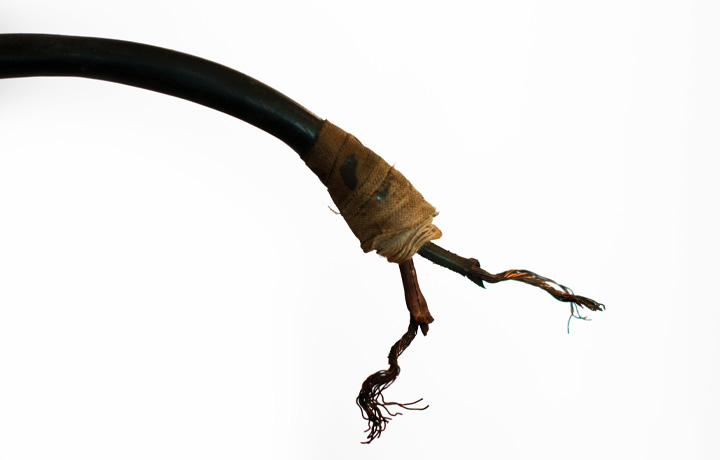
Aluminum conductors are not as efficient as copper conductors and can cause power losses.
When it comes to electrical conductors, there are two main types of materials that are used: aluminum and copper. Both of these materials have their own advantages and disadvantages. However, when it comes to efficiency, copper is typically the better choice.
Copper is a better conductor of electricity than aluminum, which means that it can carry more current with less loss. In fact, power losses due to resistance are about twice as high with aluminum conductors than with copper. This is because aluminum has a higher resistance to current flow than copper. As a result, electric utilities often use copper conductors for their power lines.
They are more expensive than copper conductors, so they are not commonly used in electrical wiring today.
They are more expensive than copper conductors, so they are not commonly used in electrical wiring today. However, silver has the highest electrical conductivity of any element and is also the best conductor of heat.
This makes it an ideal material for electrical applications where high levels of conductivity are required, such as in power transmission lines or superconducting magnets. Additionally, silver is very resistant to corrosion, making it a durable choice for electrical wiring. For these reasons, silver is still used in some high-end electrical applications, despite its higher cost.
Aluminum is a good conductor of heat, so it can be used to create thermal insulation.
Aluminum is an excellent conductor of heat, making it ideal for use in thermal insulation. When used in insulation, aluminum helps to keep heat from escaping, making it ideal for use in homes and other buildings. Aluminum also has a high resistance to fire, making it a safe choice for use in insulation. In addition, aluminum is lightweight and easy to work with, making it an ideal material for creating insulation.
Which is better for your needs - aluminum or copper conductors?
Both aluminum and copper have been used as conductor materials for many years, and each has its own advantages and disadvantages. Aluminum is a lightweight metal that is relatively easy to work with. It is also less expensive than copper. However, aluminum is not as durable as copper and is more susceptible to corrosion.
Copper is an excellent conductor of electricity and is highly corrosion-resistant. However, it is a heavier metal than aluminum, making it more difficult to work with. In addition, copper is more expensive than aluminum. When choosing a conductor material for your needs, you will need to weigh the pros and cons of each option to decide which is best for your application.
How to choose the right conductor for your needs?
When it comes to choosing a conductor, there are many factors to consider. First, you need to think about the type of music you will be playing. If you plan on playing classical music, for example, you will need a different conductor than if you plan on playing rock or pop music. In addition, you need to think about the size of the orchestra or band you will be conducting.
A smaller group will require a different approach than a large symphony orchestra. Finally, you need to consider your own personal conducting style. Do you prefer a more traditional approach, or are you looking for something more experimental? By taking all of these factors into account, you can be sure to choose the right conductor for your needs.
Tips on installing aluminum or copper conductors
Installing aluminum or copper conductors can be a daunting task, but following these tips will help ensure a successful installation:
- Be sure to use the correct size and type of conductor for the job.
- Clean the surface of the conductor to ensure good electrical contact.
- Use weather-resistant tape or other materials to protect the connection from weather and moisture.
- Make sure the connection is tight and secure to prevent problems down the line.
By following these simple tips, you can be confident that your installation will go smoothly and result in a safe and efficient electrical system.
Conclusion
So there you have it, a detailed look at aluminum conductors. While they do have some disadvantages, the advantages outweigh them. Plus, with technology constantly improving, those disadvantages are slowly being phased out. So if you're looking for an affordable and reliable conductor, aluminum is a great option and one that should be seriously considered.


